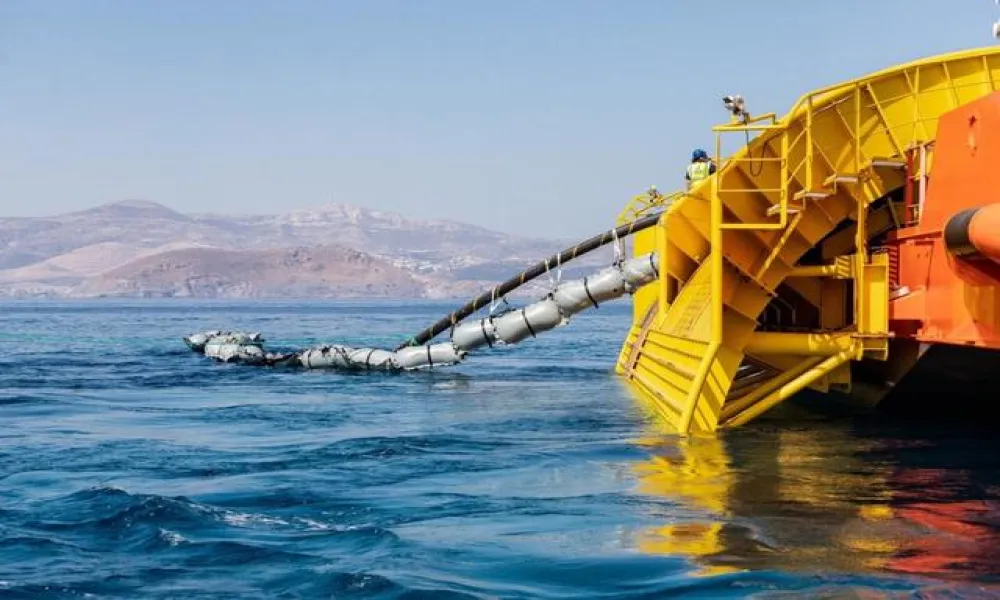What began in 2012 as a private-sector idea, later adopted, licensed, subsidised, and incorporated into the national energy strategy by the previous government, was hailed as a flagship project of cooperation between Cyprus and Greece. The Great Sea Interconnector (GSI) secured an impressive €657 million EU grant in 2022, symbolising a joint commitment to ending Cyprus’ energy isolation.
Yet, judging by recent developments, neither the Republic of Cyprus, nor Greece’s ADMIE, the project’s main investor, nor even the European Commission, its funder, seem to have carried out a full risk assessment for such a massive undertaking.
When the European Investment Bank (EIB) rejected in August 2023 the financing request for the project, then still under EuroAsia Interconnector, this should have triggered alarm bells. Instead, it was largely ignored. Only former Finance Minister Constantinos Petrides had the courage to publicly state that after the EIB’s refusal, government participation should be off the table, with no equity and no guarantees.
The EIB, one of Cyprus’ key partners in the green transition, may have declined the loan, but it offered a constructive alternative: large-scale energy storage through battery installations of around 1,350 MW with a four-hour duration. That recommendation was shelved. Two years later, Cyprus still has not developed even 1 MW of energy storage capacity.
Indeed, the uncertainties surrounding the GSI remain numerous and serious:
• The project’s cost has already ballooned from €1.5 billion to over €2 billion.
• The seabed survey remains incomplete due to Turkish objections.
• There is a lack of clarity about investors’ participation, among other concerns.
Amid this, the Cypriot government’s ambiguous stance, bordering on denial, does not help. On the contrary, it risks straining relations between Greece and Cyprus and undermines the Republic’s credibility.
The government should have decided long ago: either proceed with paying the €25 million contribution under the cost-sharing agreement, thereby reaffirming full political support for the project, or withdraw transparently, explaining why. Both options carry political and financial risk.
But pretending there is no problem is no longer viable. It is time for the government to face the facts, conduct its own studies, and make a firm decision without fearing the political fallout of failure, whichever direction it takes.
